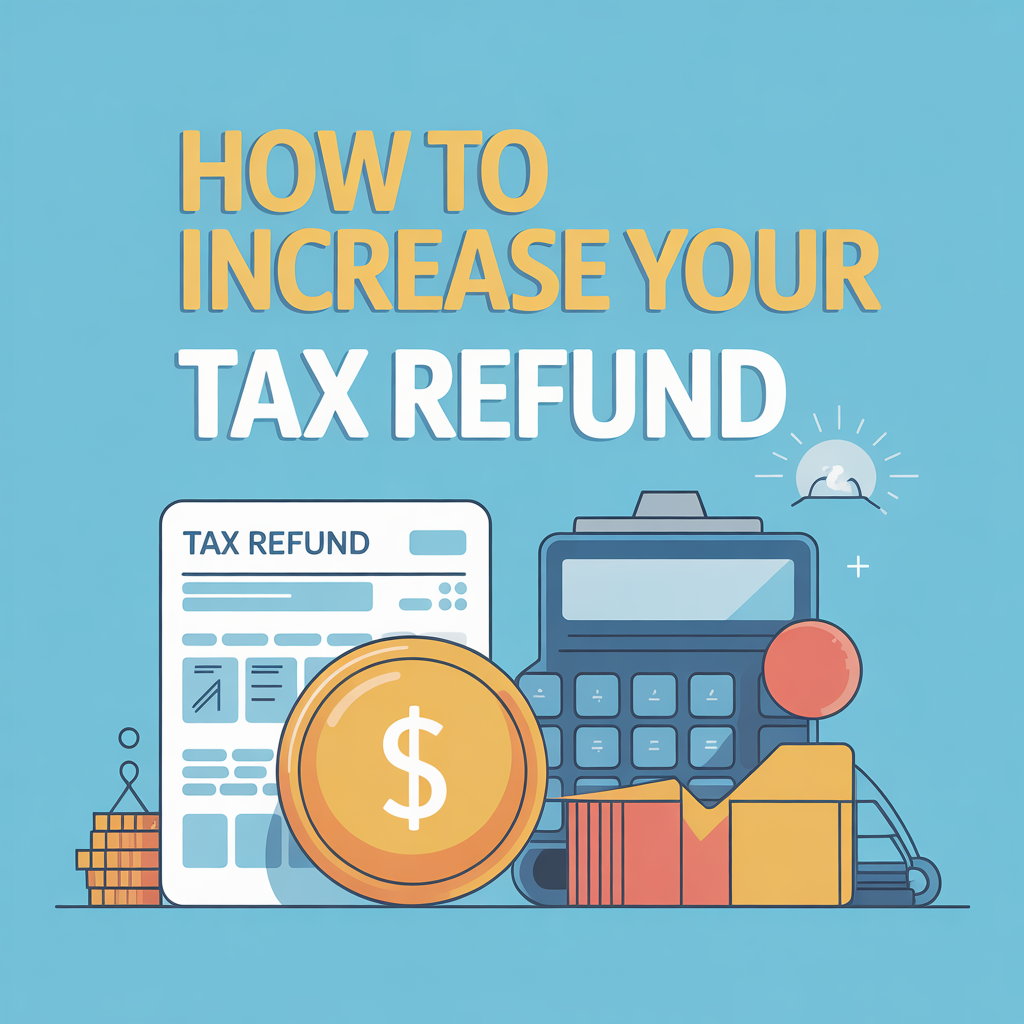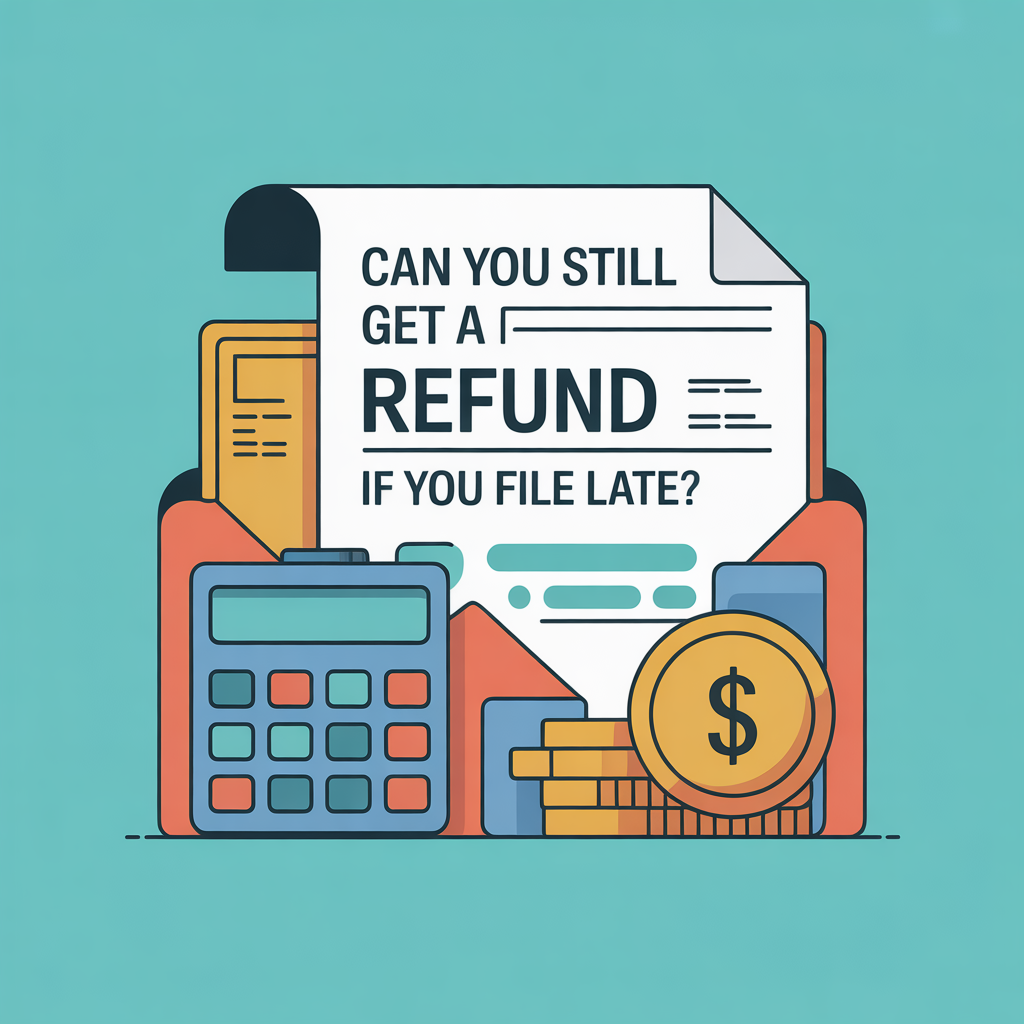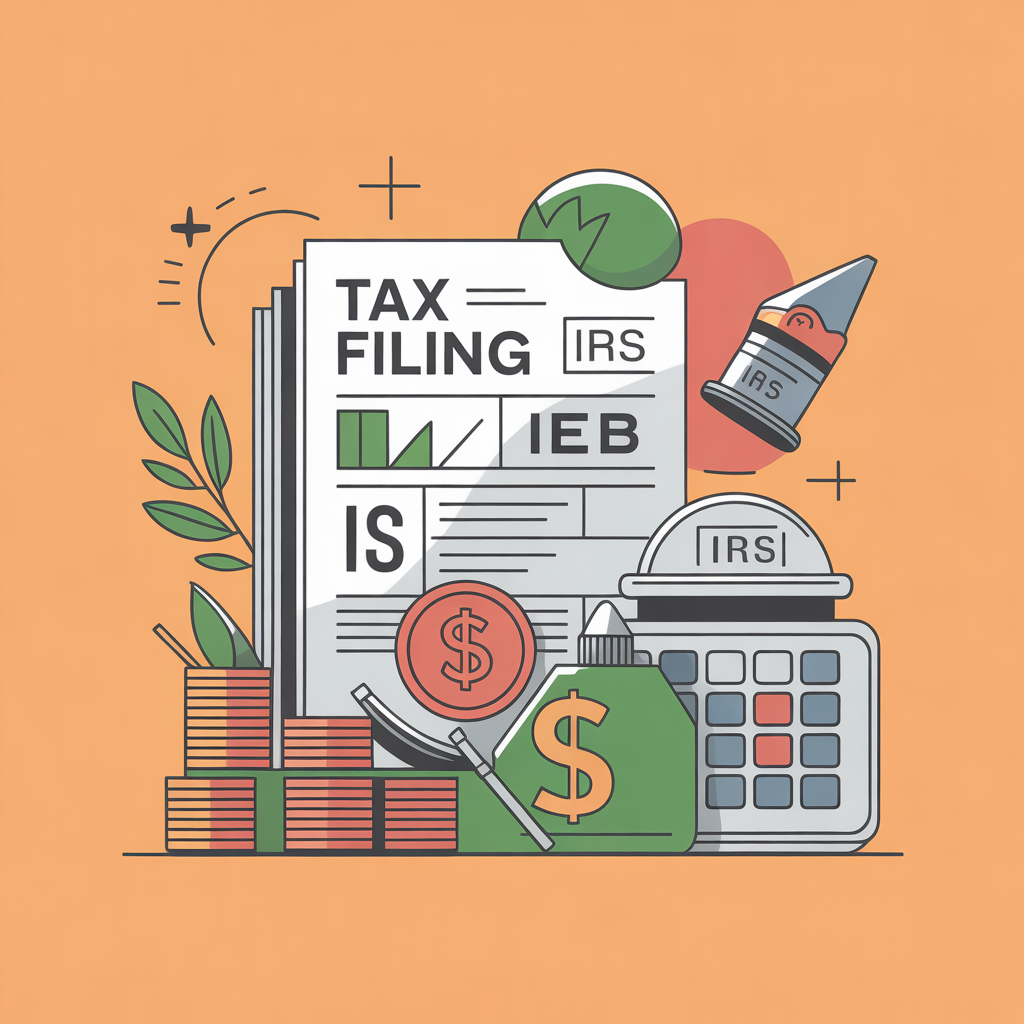When it comes to taxes, working with the right advisor is crucial. While many tax professionals are legitimate, knowledgeable, and trustworthy, there are also unqualified or even fraudulent individuals who prey on unsuspecting taxpayers. Spotting these bad actors is essential to protecting your finances and avoiding IRS penalties. Here are some tips to help you identify unqualified or fraudulent tax advisors in the U.S.
1. Check Their Credentials
The first step in verifying a tax advisor’s legitimacy is to ensure they have proper credentials. Qualified professionals often hold one or more of the following designations:
- Certified Public Accountant (CPA): CPAs are licensed by state boards and have passed rigorous exams. They can offer tax preparation and planning advice, as well as represent you before the IRS.
- Enrolled Agent (EA): EAs are licensed by the IRS and specialize in tax matters. They can represent taxpayers in audits, collections, and appeals.
- Tax Attorneys: These are licensed attorneys with expertise in tax law. They can offer legal advice and represent you in court if needed.
If someone claims to be a tax professional but cannot provide evidence of one of these designations, proceed with caution.
2. Verify Their IRS Preparer Tax Identification Number (PTIN)
The IRS requires all paid tax preparers to have a valid Preparer Tax Identification Number (PTIN). You can verify a tax preparer’s PTIN on the IRS website through their searchable directory of credentialed tax professionals. If a tax preparer cannot provide a PTIN, they are not authorized to prepare taxes for compensation.
3. Be Wary of Promises That Sound Too Good to Be True
Fraudulent tax advisors often lure clients by promising:
- Huge Refunds: If a preparer guarantees you an unusually large refund without reviewing your financial situation or tax documents, this is a red flag.
- Unrealistic Deductions: Some may claim they can deduct expenses that are not legally permissible, which could lead to IRS audits or penalties.
Always question any claims that seem too good to be true.
4. Avoid Preparers Who Base Fees on Refund Amounts
Legitimate tax preparers typically charge a flat fee or an hourly rate for their services. Avoid anyone who calculates their fee as a percentage of your refund. This practice creates an incentive for unethical behavior, such as inflating deductions or falsifying information to increase the refund.
5. Review Their Filing Practices
Pay attention to how the preparer handles your tax filing:
- They Should Sign Your Return: All paid tax preparers are required by law to sign the return and include their PTIN. If they refuse to sign, it’s a major red flag.
- Beware of “Ghost” Preparers: Fraudulent preparers may complete your return but refuse to sign it, leaving you responsible for any errors or fraudulent claims.
6. Look for Transparency and Communication
A trustworthy tax advisor should:
- Explain Your Return: They should walk you through the tax return, explaining deductions, credits, and other details.
- Answer Questions Clearly: If they are vague or dismissive when you ask questions, they may not have your best interests in mind.
7. Research Their Reputation
Before hiring a tax advisor, do some background research:
- Check Online Reviews: Look for reviews on Google, Yelp, or other platforms to gauge their reputation.
- Ask for References: Legitimate tax advisors should be able to provide references from satisfied clients.
- Check for Disciplinary Actions: Visit your state’s CPA board or the IRS Office of Professional Responsibility to see if the preparer has faced any disciplinary actions.
8. Avoid Preparers Who Push Refund Advances
Some fraudulent preparers offer “instant refunds” or refund advances. These schemes often come with hidden fees or high-interest rates that eat into your refund. Always ask for a breakdown of any fees before agreeing to such offers.
9. Trust Your Instincts
If something feels off during your interactions with a tax advisor, trust your gut. Red flags include:
- High-pressure tactics to get you to sign quickly
- Refusal to provide a copy of your completed return
- Reluctance to provide clear answers about their qualifications or process
10. Know Your Rights as a Taxpayer
The IRS has a Taxpayer Bill of Rights that includes the right to:
- Choose a Qualified Representative: You have the right to select a qualified and trustworthy tax professional.
- Accuracy: Ensure that your return is prepared accurately and in compliance with tax laws.
- Confidentiality: Your tax preparer should keep your information private and secure.
Contact us: +1 (972)-996-6644
Email us : info@theriwa.com Visit our website : https://theriwa.com/






